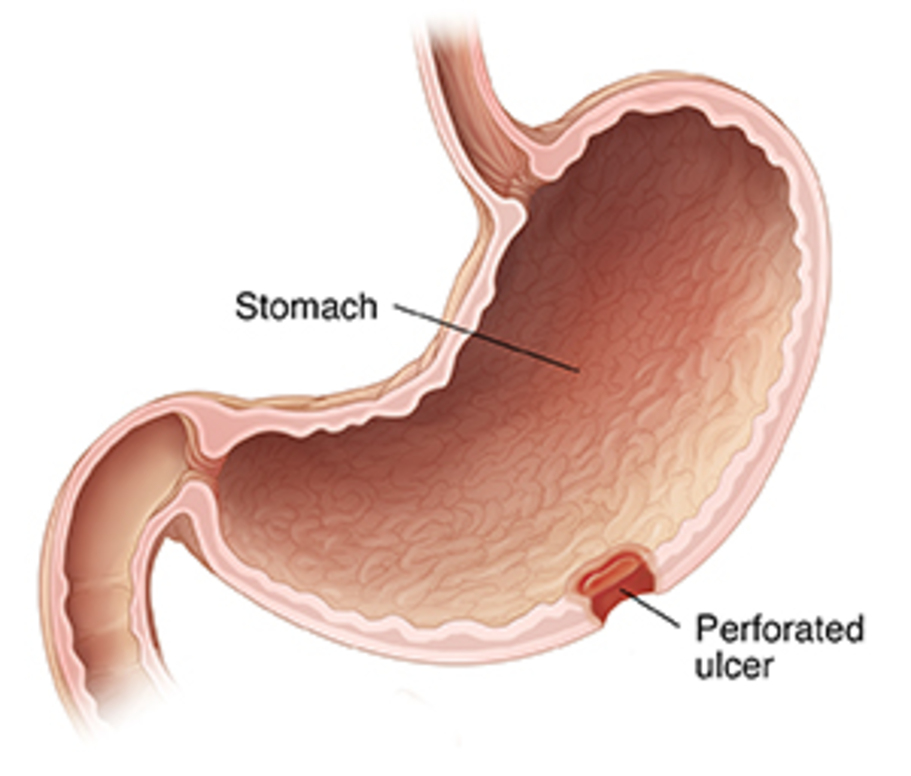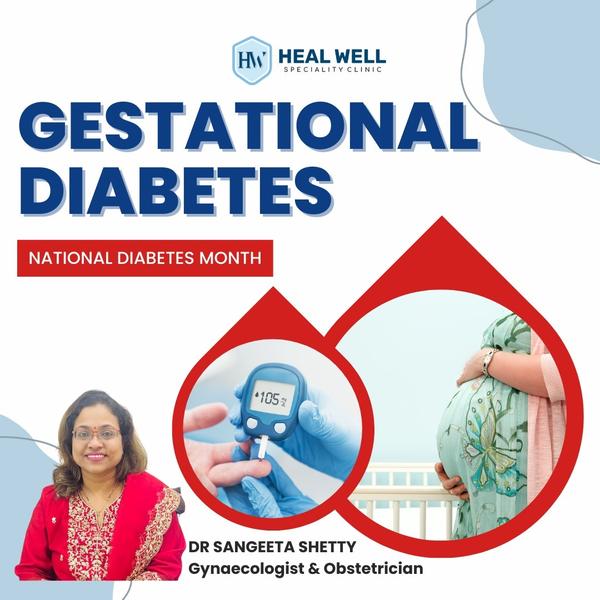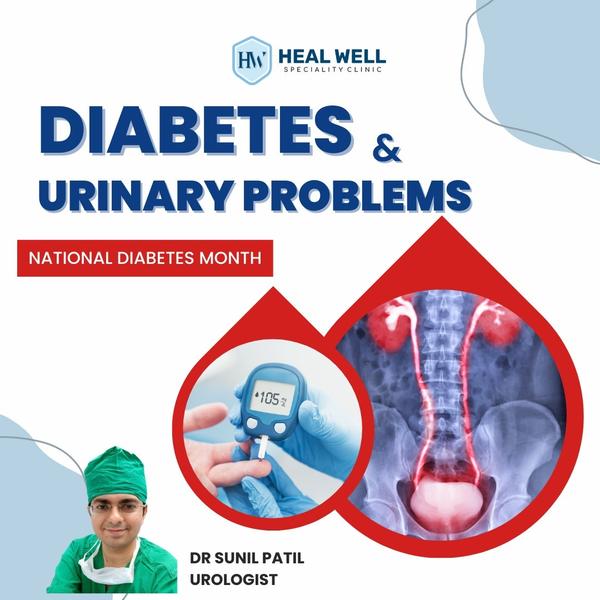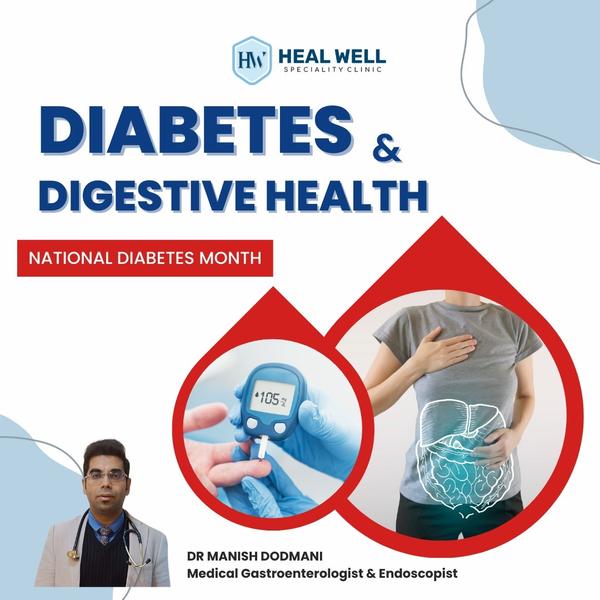
Duodenal Ulcer and Gastric Ulcer Perforation Surgery: Best Gastrointestinal Surgeon in Thane, Mumbai
As a Surgical Gastroenterologist, I've seen the devastating consequences of duodenal and gastric ulcer perforation. But what are these conditions, and how are they treated surgically?
Causes of gastric and duodenal ulcers:
- Helicobacter pylori (H. pylori) infection
- Long-term use of nonsteroidal anti-inflammatory drugs (NSAIDs)
- Excessive acid production in the stomach
- Stress
What is Perforation?
Perforation occurs when the ulcer crater penetrates the wall of the duodenum or stomach, allowing stomach acid and digestive enzymes to leak into the abdominal cavity. This can lead to:
- Peritonitis (inflammation of the lining of the abdominal cavity)
- Sepsis (life-threatening infection)
- Organ failure
Symptoms Of Perforation
- Severe abdominal pain
- Nausea and vomiting
- Fever
- Abdominal tenderness and guarding (muscle tension)
- Rebound tenderness (pain when pressing on the abdomen and releasing)
Surgical Treatment Of Perforation
Surgery is usually necessary to treat perforation. The goal of surgery is to:
- Close the perforation
- Remove any infected or damaged tissue
- Repair any damage to the surrounding organs
Types Of Surgery
- Graham Patch Repair: a simple closure of the perforation
- Omental Patch Repair: a more complex repair using a patch of omentum (a layer of tissue)
- Gastrectomy: removal of part or all of the stomach
- Duodenectomy: removal of part or all of the duodenum
Post-Operative Care
After surgery, patients will require:
- Pain management
- Antibiotics to prevent infection
- Fluid and electrolyte replacement
- Monitoring for complications
When To Seek Medical Help
If you're experiencing symptoms of perforation, seek medical help immediately.
Consult Dr. SachinWani
If you're experiencing symptoms of duodenal or gastric ulcer perforation, consult Dr. Sachin Wani, a Surgical Gastroenterologist in Thane at Healwell Speciality Clinic.








